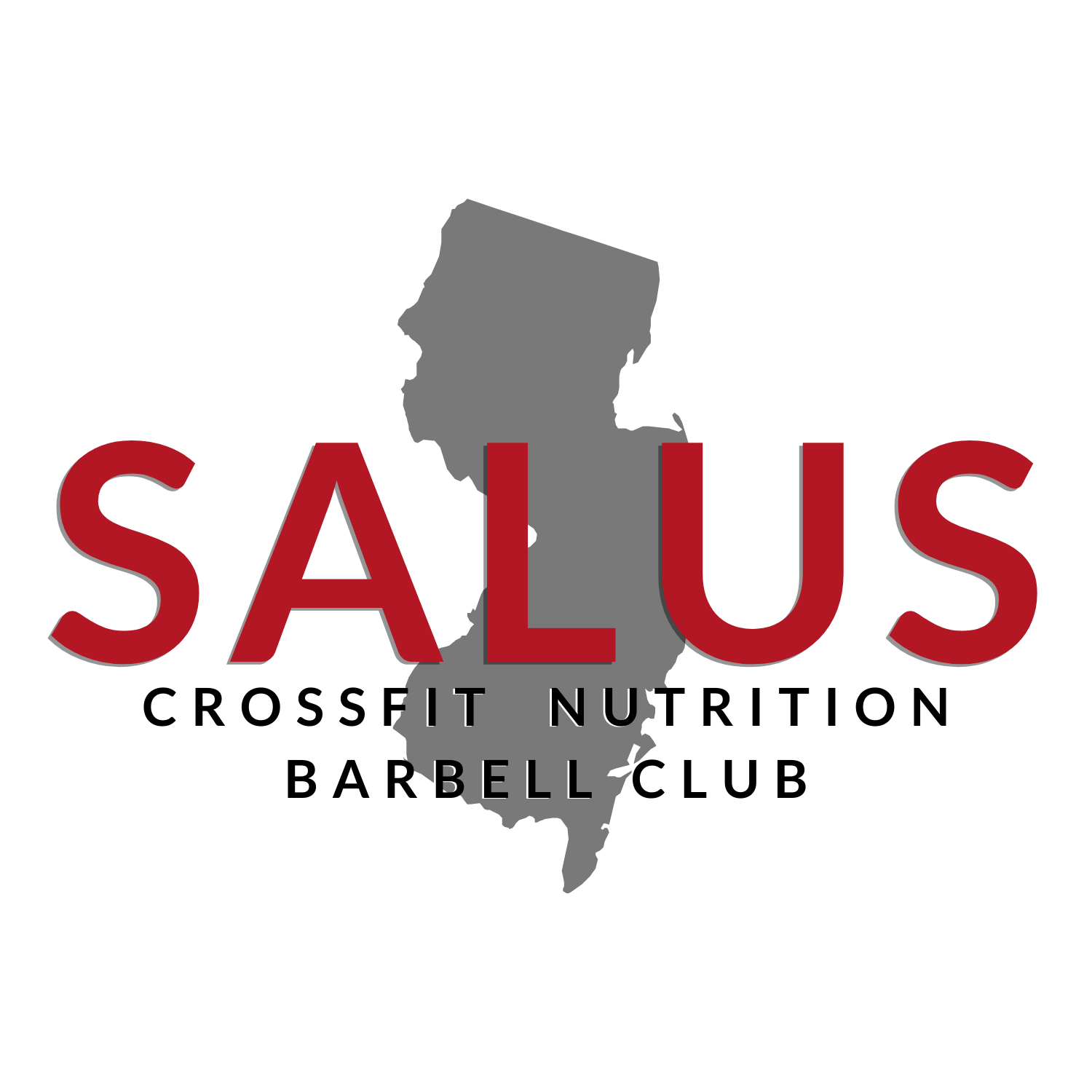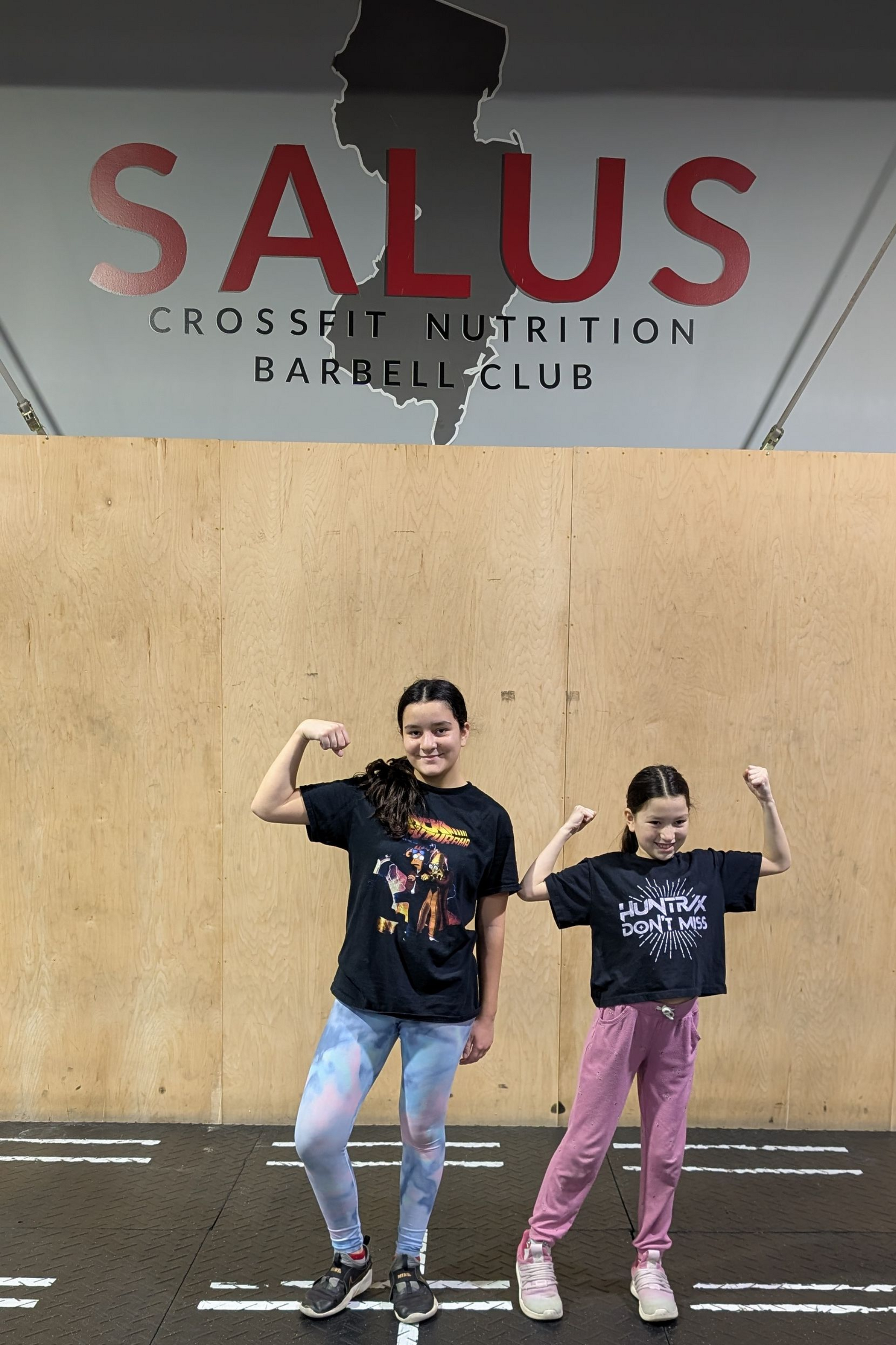When Should You Choose Organic?
If You Choose Organic, Does That Mean It’s Healthy?
“Organic” always means “healthy,” right? Well, sometimes.
Choose organic foods and you’ll avoid a lot of toxic chemicals, which is ideal… but think twice before you rely on the “organic” label just to justify that organic pastry or lollipop for your kids.
What separates conventional farming from the organic way?
The National Organic Program , a regulatory program within the USDA has established national standards for organically grown foods. To earn the label of “organic” in the U.S., farmers must adhere to certain standards such as: submit to audits conducted by accredited certifying agents, give animals access to the outdoors, make use of crop rotation, mechanical tillage, hand-weeding and other management methods to control weed growth. They must NOT: treat animals with antibiotics, growth hormones, or feed made from animal byproducts, fertilize with sewage sludge, apply prohibited substances to their land for at least three years prior to harvest.
Simply stated, organic produce is grown without the use of pesticides, synthetic fertilizers, sewage sludge, genetically modified organisms, or ionizing radiation. Animals that produce meat, poultry, eggs, and dairy products do not take antibiotics or growth hormones. “Organic” does not necessarily mean animals are humanely treated, free to roam pastures or grass-fed. And it is not synonymous with healthy, low-sugar or unprocessed food…but, that’s what marketers want you to believe. You know, so they can charge you more. Confused yet?
Be a smart consumer. Here is the organic label lingo to become aware of:
Organic Labels
Many people get caught up on trick labels like “healthy,” “fresh,” “natural.” It’s easy to get confused. Always check the ingredient list and the nutrition-facts panel to see what’s really in your product. If you can pronounce the ingredients, you won’t need a chemistry degree to decipher the label.
- “100% organic”: This product must contain 100% organic ingredients.
- “Organic”: This product must have at least 95% ingredients organically produced.
- “Made with Organic ingredients”: This product must have at least 70% organic ingredients.
Choose Organic with the Dirty Dozen
Each year, the Environmental Working Group identifies the fruits and vegetables that contain the most—and least—chemical pesticides. They call them the “Dirty Dozen” and “Clean Fifteen.” The ”dirty dozen” list is a good place to start going organic.
- Strawberries (these are the worst offenders hording the most pesticide residues)
- Spinach
- Kale, collard and mustard greens
- Nectarines
- Apples
- Grapes
- Cherries
- Peaches
- Pears
- Bell and hot peppers
- Celery
- Tomatoes
NOTE: A small amount of sweet corn, papaya and summer squash sold in the United States is produced from genetically modified seeds. Buy organic varieties of these crops if you want to avoid genetically modified produce.
Even though it didn’t officially make the list (because it’s processed), the EWG also included a special report about raisins. EWG says that 99% of nearly 700 raisin samples tested positive for traces of at least two pesticides, and one sample had 26 different pesticides. “If we included raisins in our calculations, they would be number one on the Dirty Dozen,” said Thomas Galligan, Ph.D, a toxicologist for the EWG, in a press release. So, go organic with your raisins!
Clean 15
The Clean 15 list, on the other hand, includes produce that is least likely to be contaminated by pesticides. Almost 70% of these food samples had no pesticide residues whatsoever. You can typically go conventional with these fruits and vegetables.
- Avocados
- Sweet corn
- Pineapple
- Onions
- Papaya
- Sweet peas (frozen)
- Eggplant
- Asparagus
- Broccoli
- Cabbage
- Kiwi
- Cauliflower
- Mushrooms
- Honeydew melon
- Cantaloupes
Keep in mind, organic foods can cost up to 50% more than conventional products, so do your research first and choose wisely.
Do Your Research
Is there a trick label that often confuses you? Take a moment to look it up, define it and share it.
But, I know, Google can be equally confusing. Here are a couple more reputable sources to consider for your own research:
More on our Salus Nutrition Coaching Blog:
- Strive for Progress Not Perfection
- Plan Ahead
- Set Real Expectations
- Overcoming Procrastination: Just Do the Dishes Already
- Hangry? We’ve All Been There
- Taking Control of Cravings and Temptation
- Personal Improvement
- Changing Habits
- Mindful Eating
- Control Stress Before It Controls You
- Macronutrients for Energy Balance
- Importance of Staying Hydrated
- Eating Out and Staying In Control
The post When Should You Choose Organic? appeared first on Salus.





